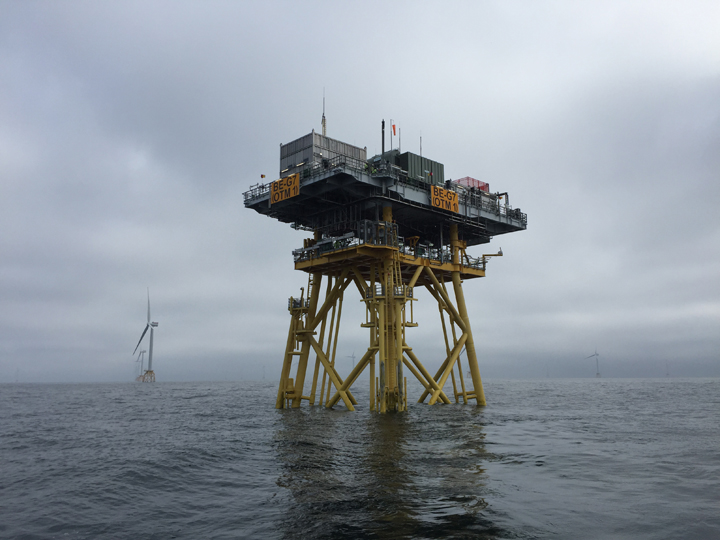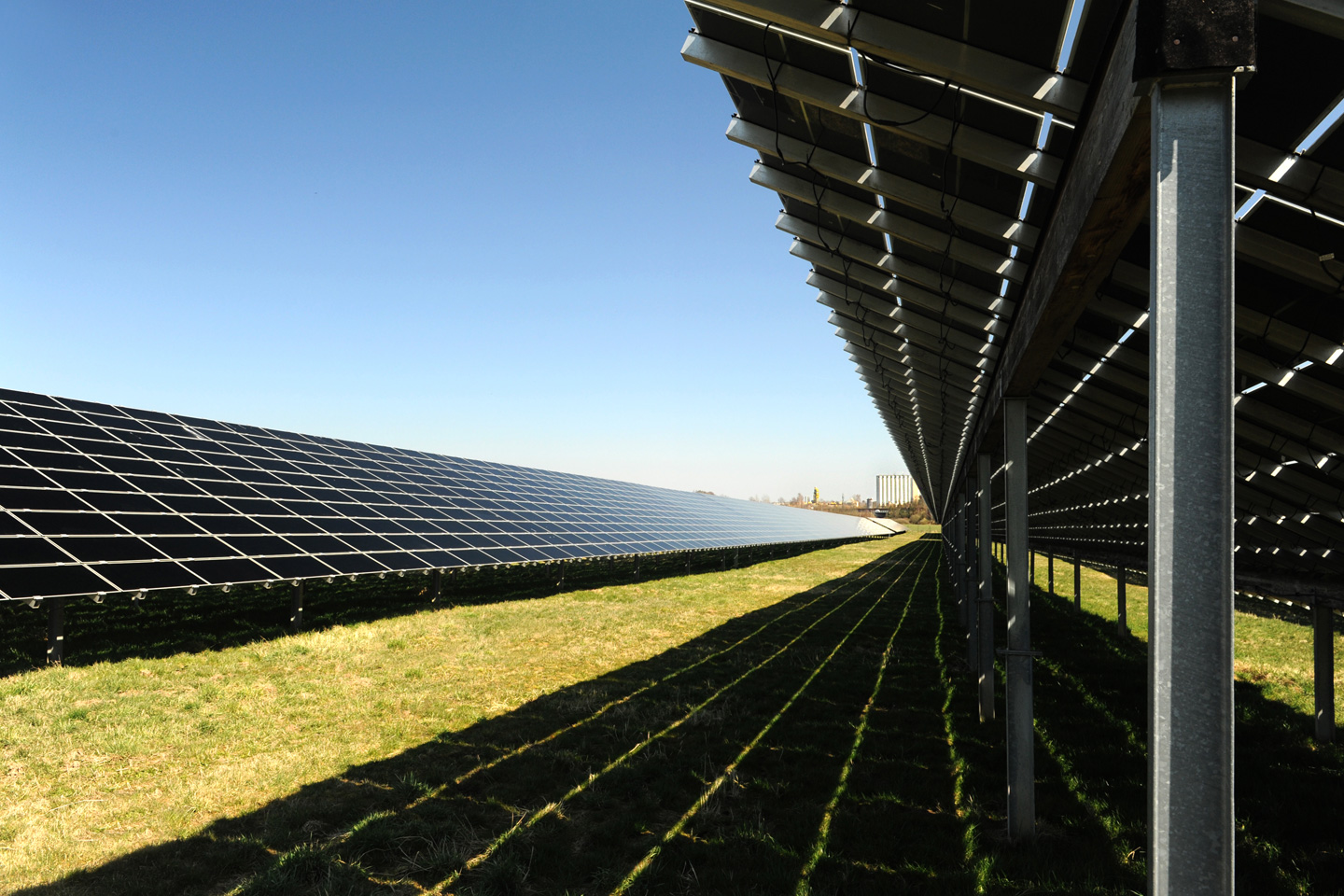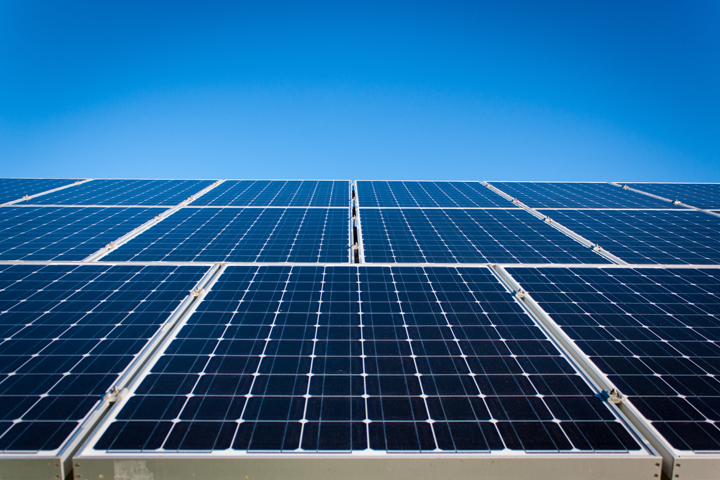
London Borough of Westminster – eRCV- MEEF
London Borough of Westminster – eRCV
MEEF part financed a state of the art fleet of 45 electric refuse collection vehicles and charging infrastructure at the Landmann Way depot in London.
0
About
MEEF provided debt finance to Westminster Council to part finance a fleet of 45 electric refuse collection vehicles manufactured by Dennis Eagle Limited in Warwick, along with the charging infrastructure to be operated by Veolia, the Council’s current waste contractor.
The electric vehicles will charge their batteries by drawing electric power from an adjacent energy recovery facility which uses the waste collected from homes and businesses in Westminster.
c. 0,000
MEEF successfully crowded in NatWest as the Commercial Funder on this transaction.
The state of art vehicles are fully zero emission and will replace diesel vehicles, saving c.2,000 tonnes of carbon from polluting the atmosphere each year.
Key impacts and benefits
0,0 tonnes
0 %
0 million
Sustainable Development Goals (SDGs)
2030 Agenda for Sustainable Development adopted by UN Member States in 2015
SDGs supported:
Outcomes
- The investment assisted the Council in their rollout of zero emission vehicles in order to reduce toxic air pollution and assist London with its 2030 net zero targets. The project was highly innovative given that the charge for the vehicle will be drawn from an adjacent energy recovery facility where the waste is treated, supporting circular economy objectives
- Forecasts predict that the MEEF funded fleet of vehicles will save 1,798 tonnes of CO2 being released into the atmosphere per annum, significantly contributing towards cleaner air for Londoners. The fleet is expected to complete 50 million collections each year and each electric vehicle saved up to 89% CO2e compared to a diesel powered fleet
- Smart charging will allow the partnership to support the National Grid by receiving power at non-peak times to maximise local resources and strengthen the Grid’s resilience
- The vehicles will reduce air pollution and are quieter than the diesel vehicles they replaced, allowing increased operational hours
Related
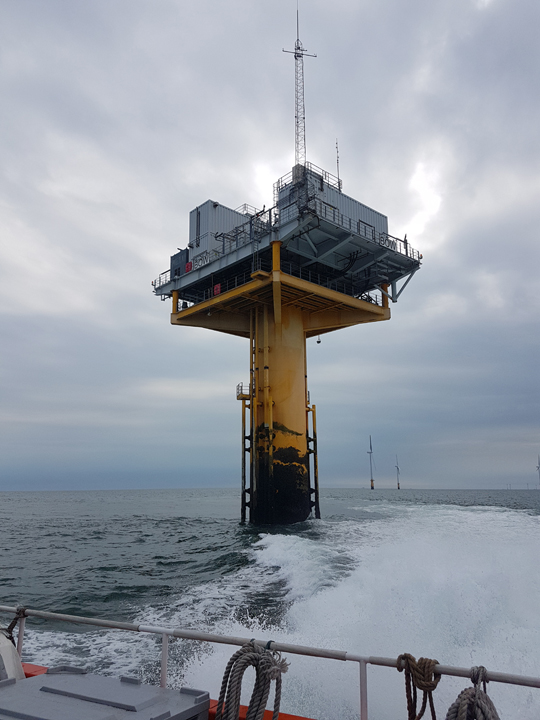
Barrow OFTO
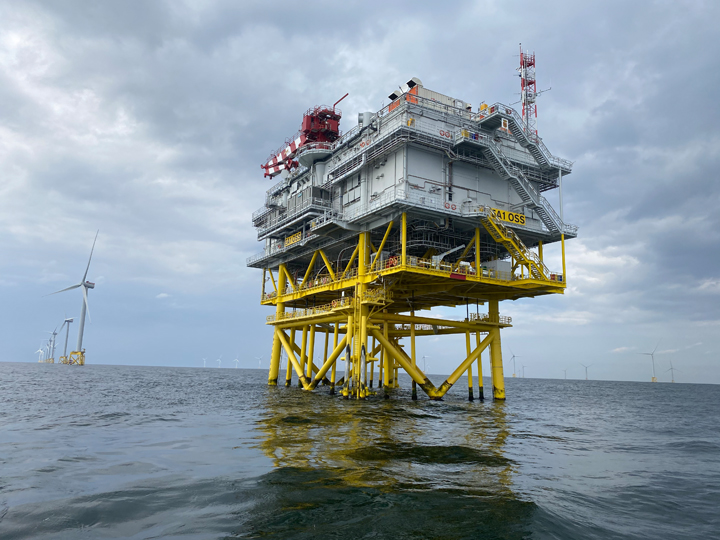
East Anglia One OFTO (‘EA1’)
